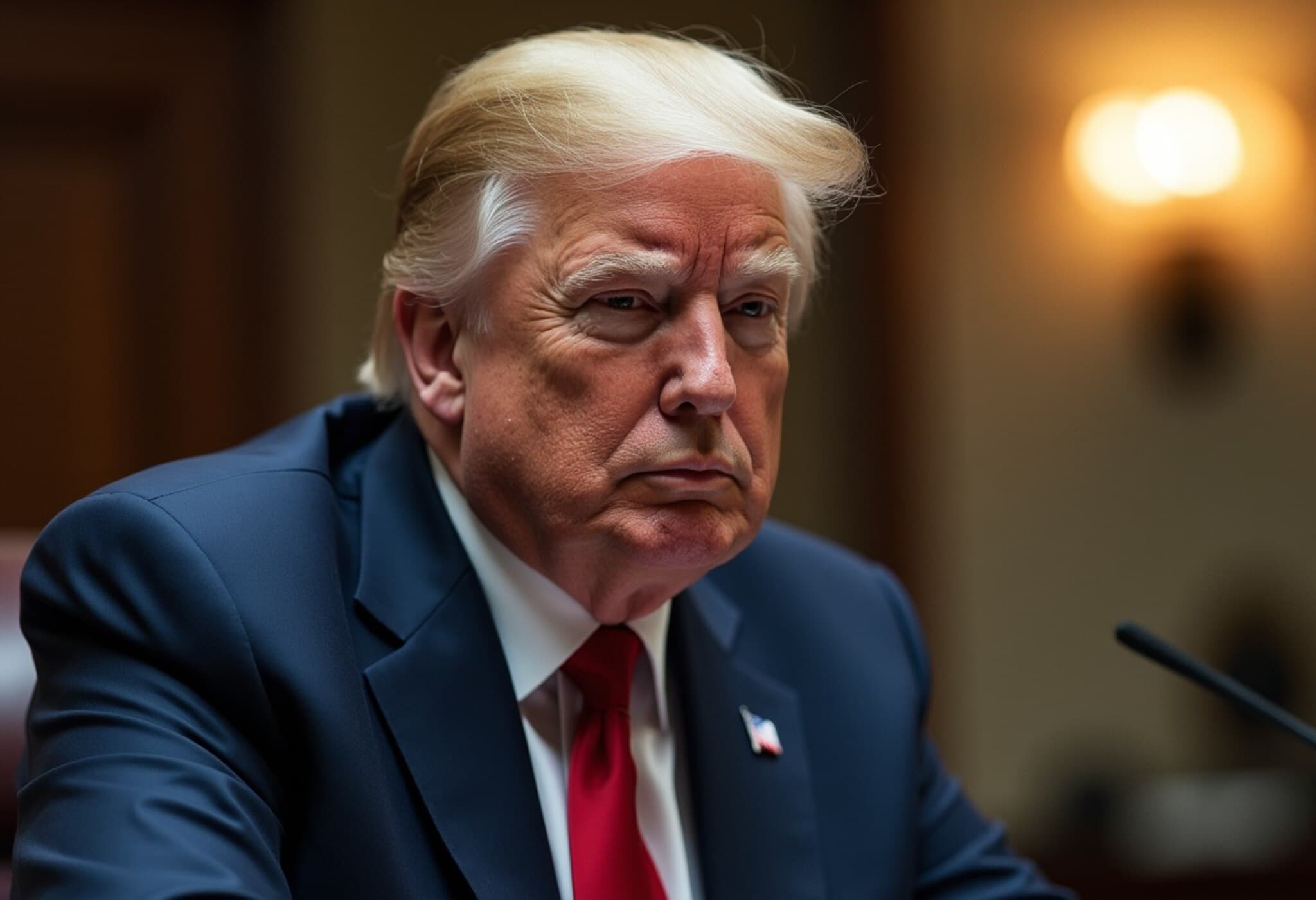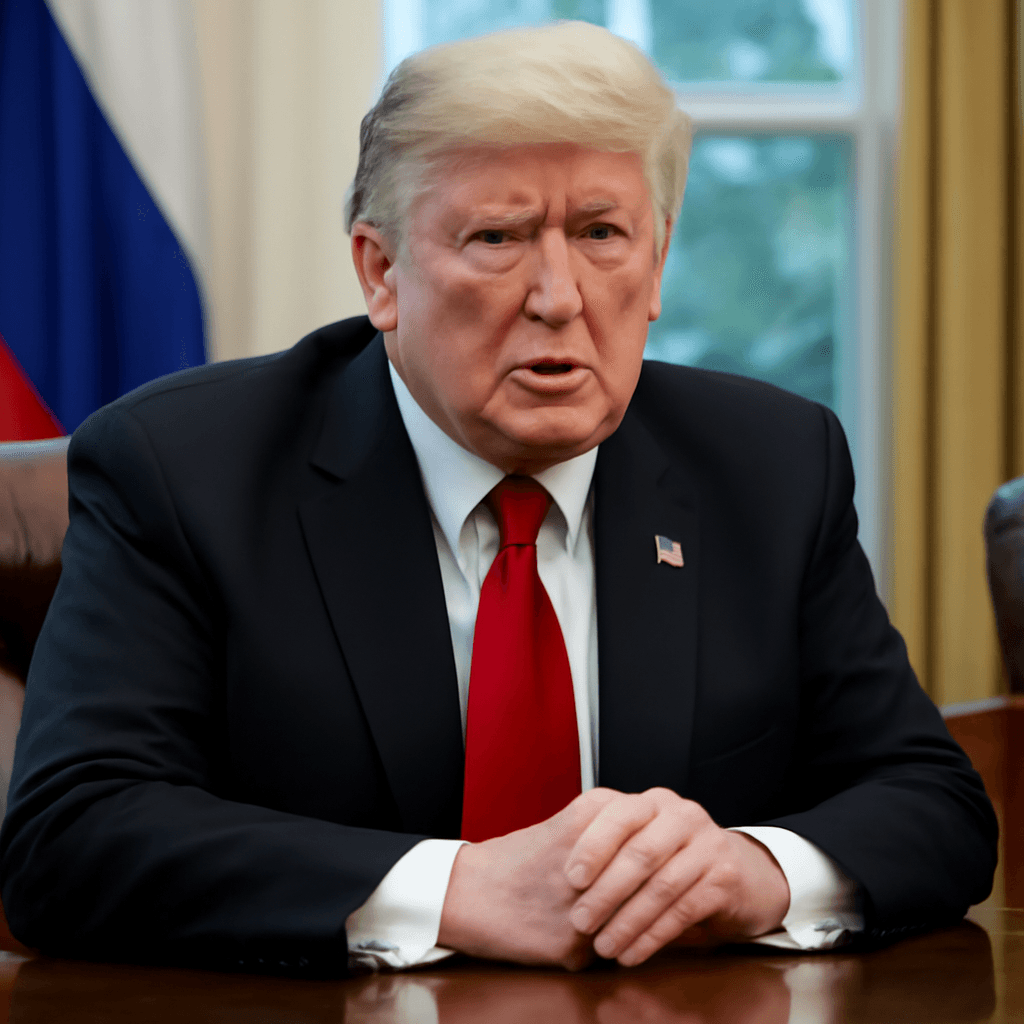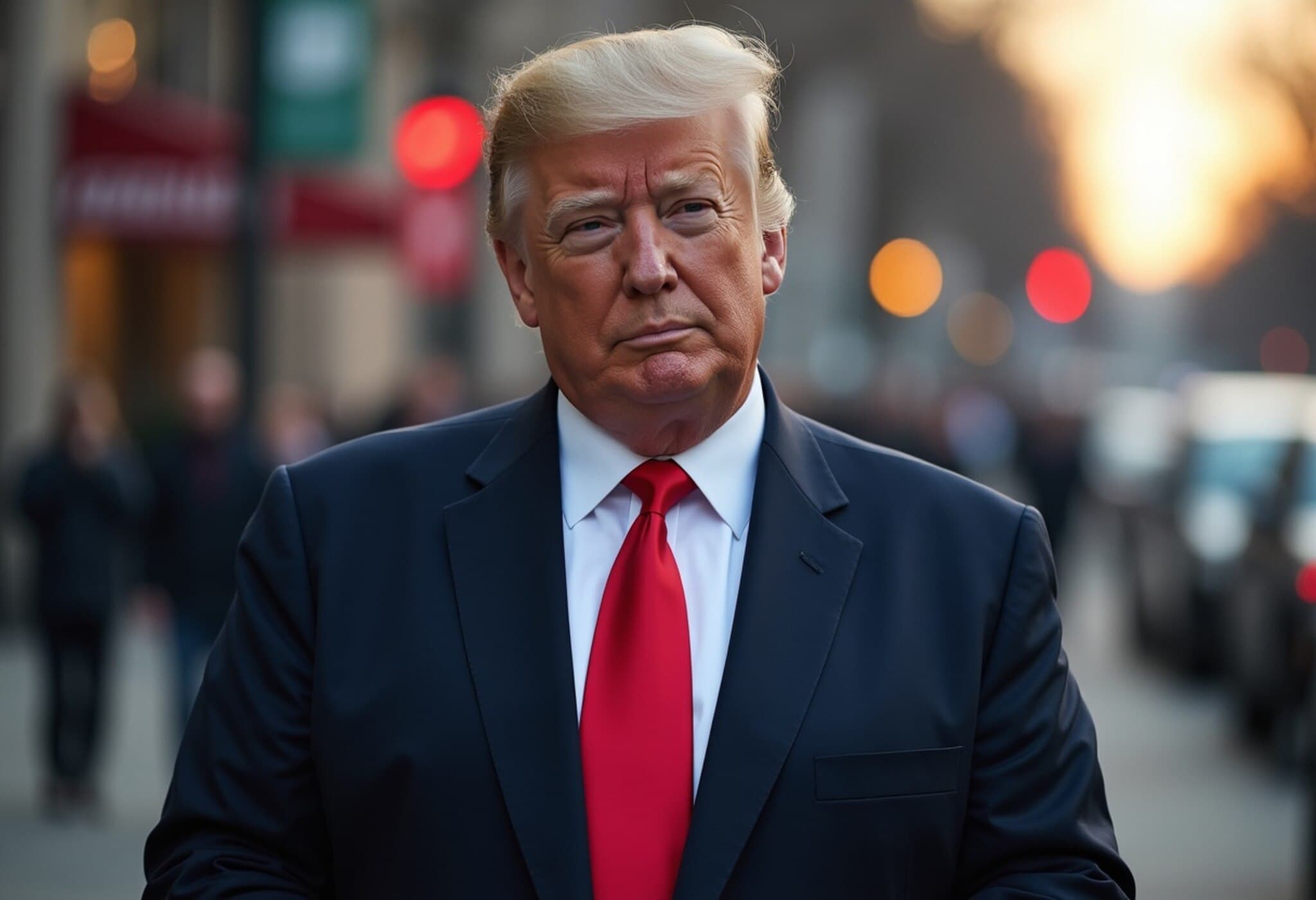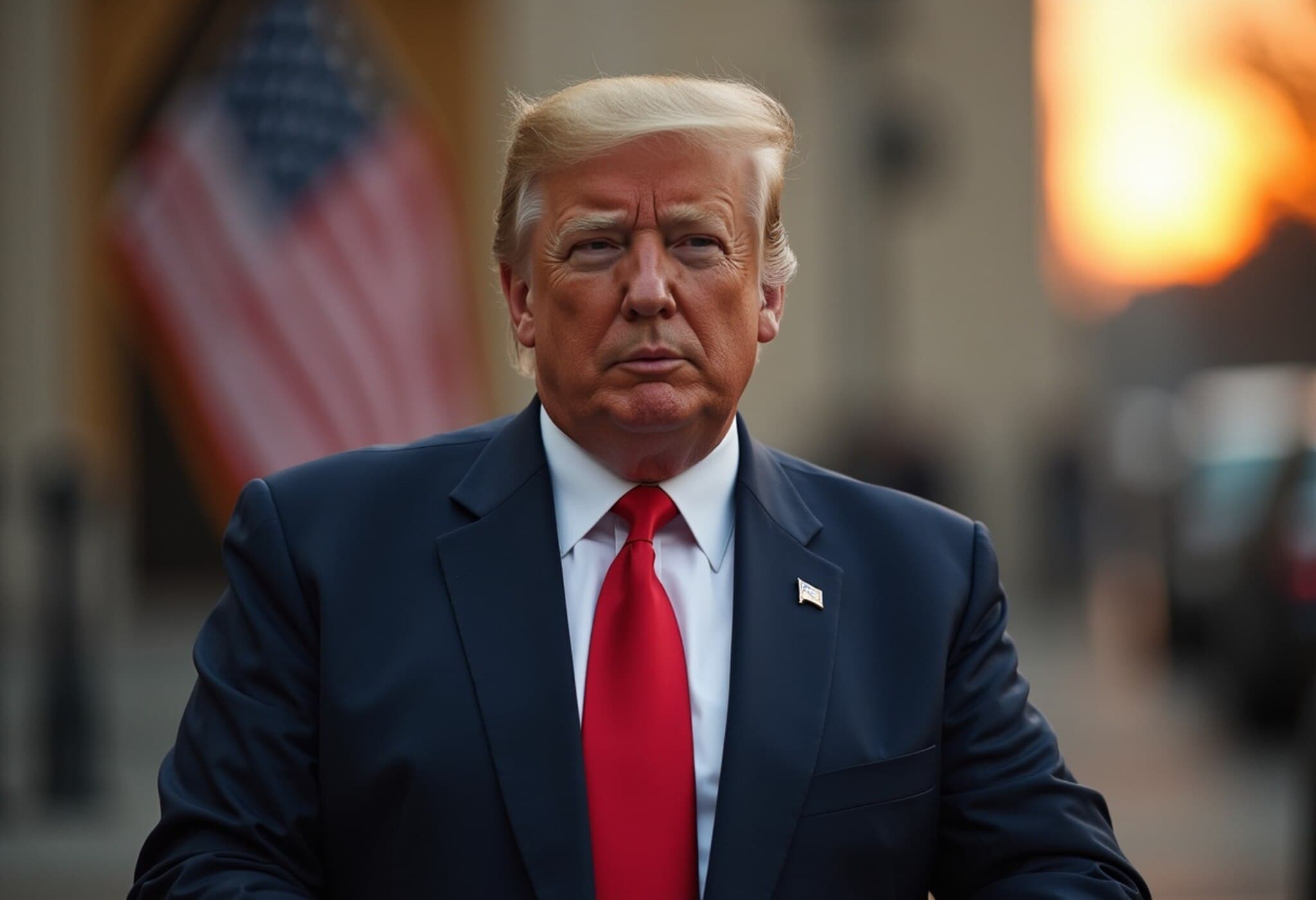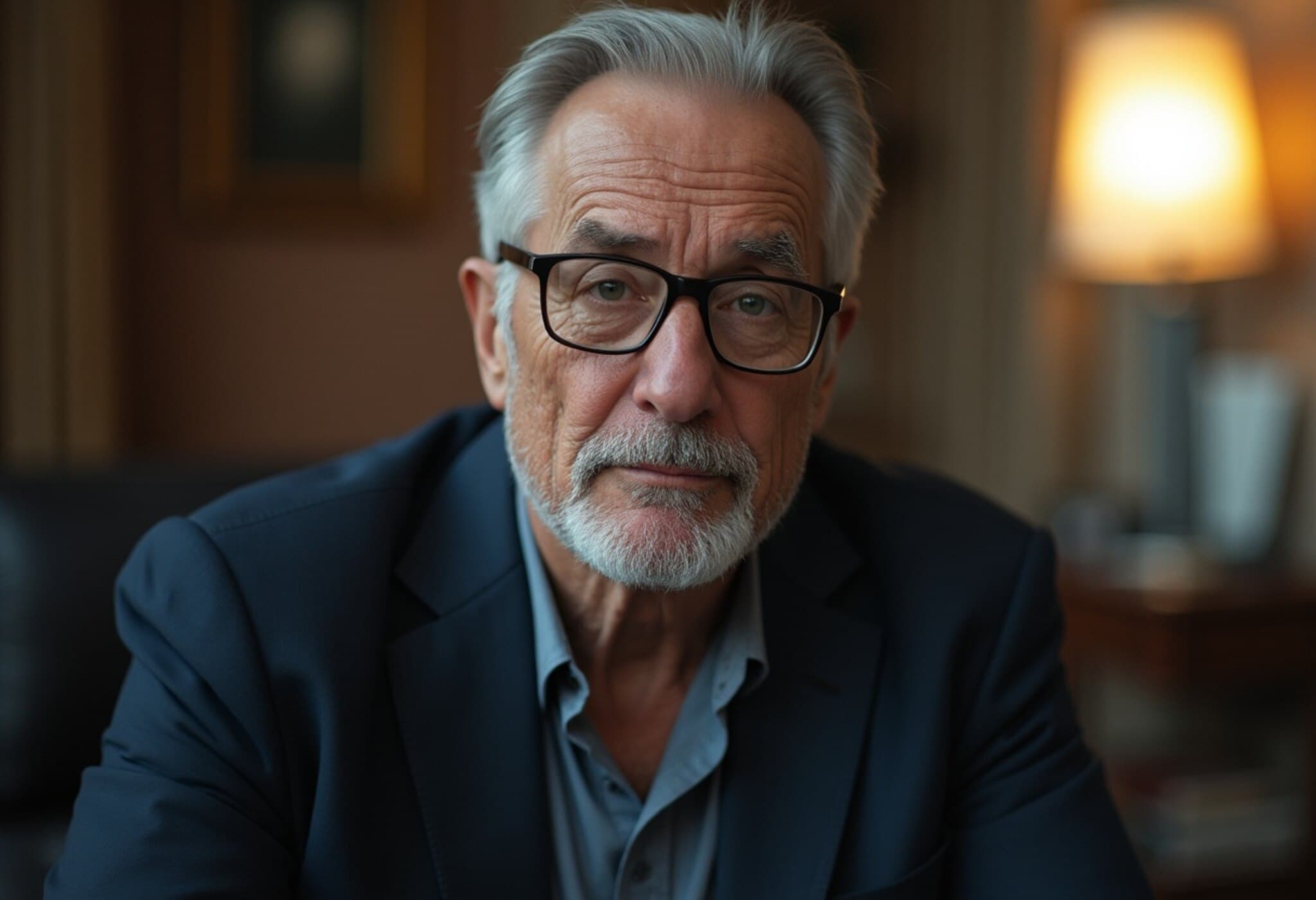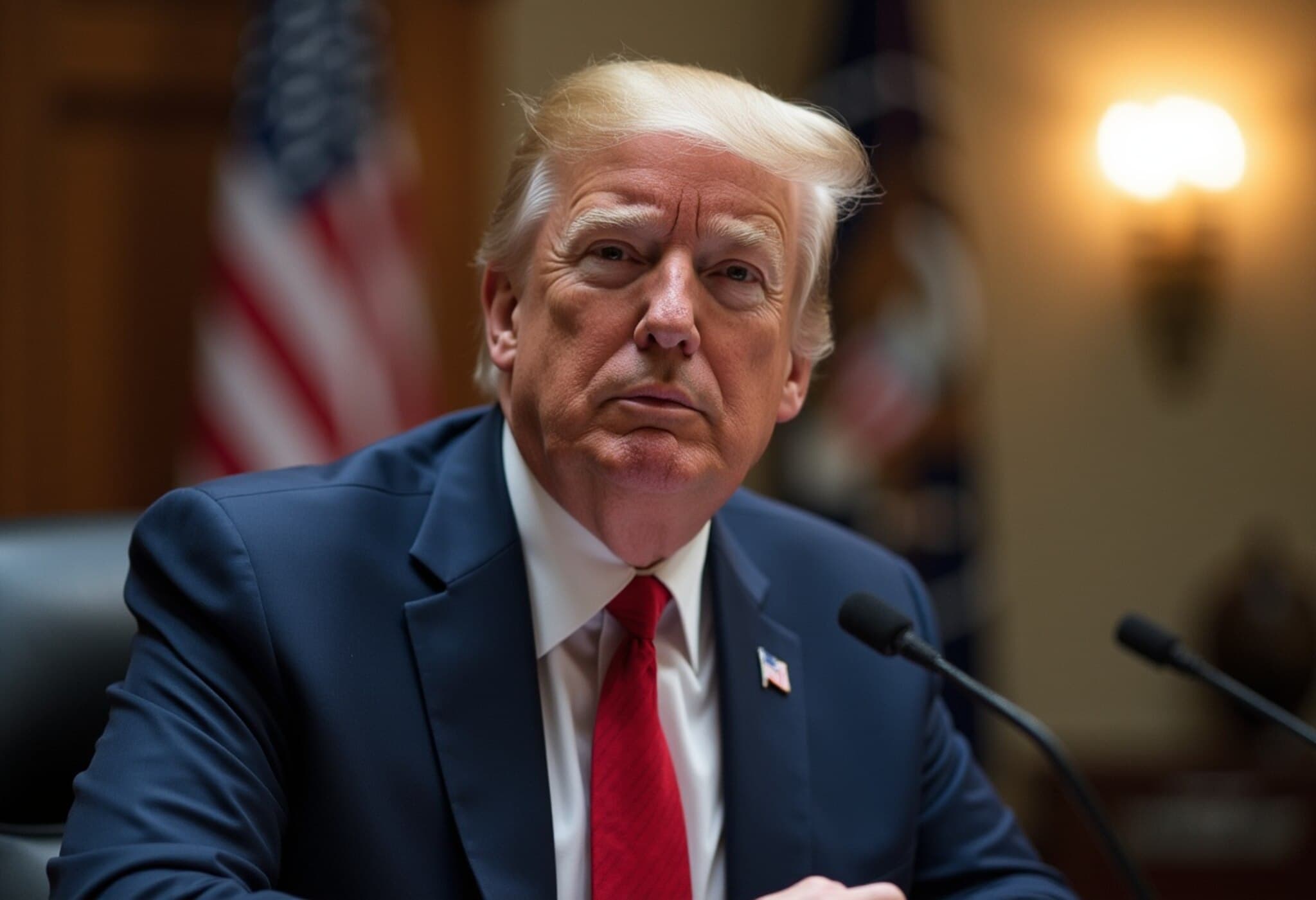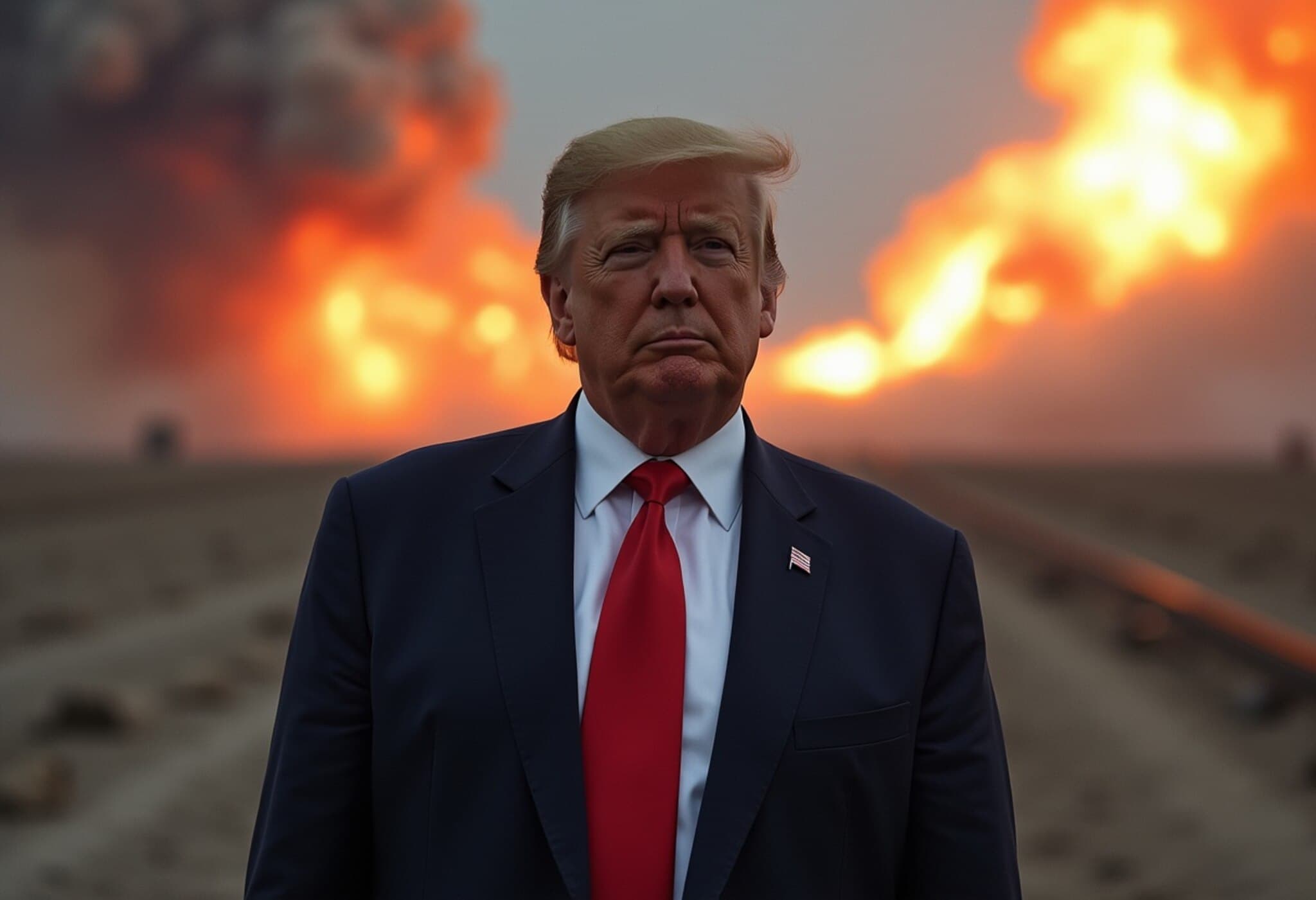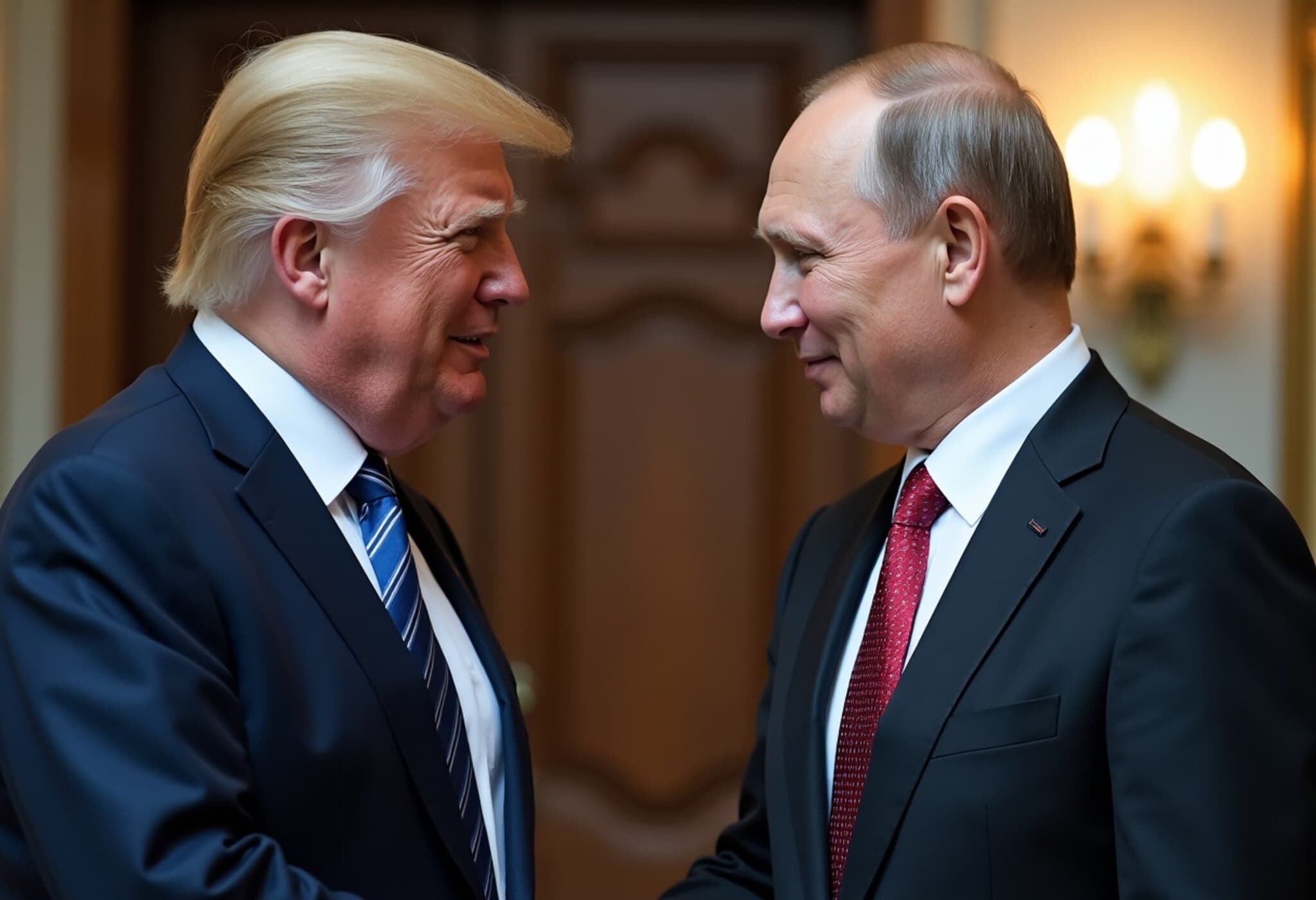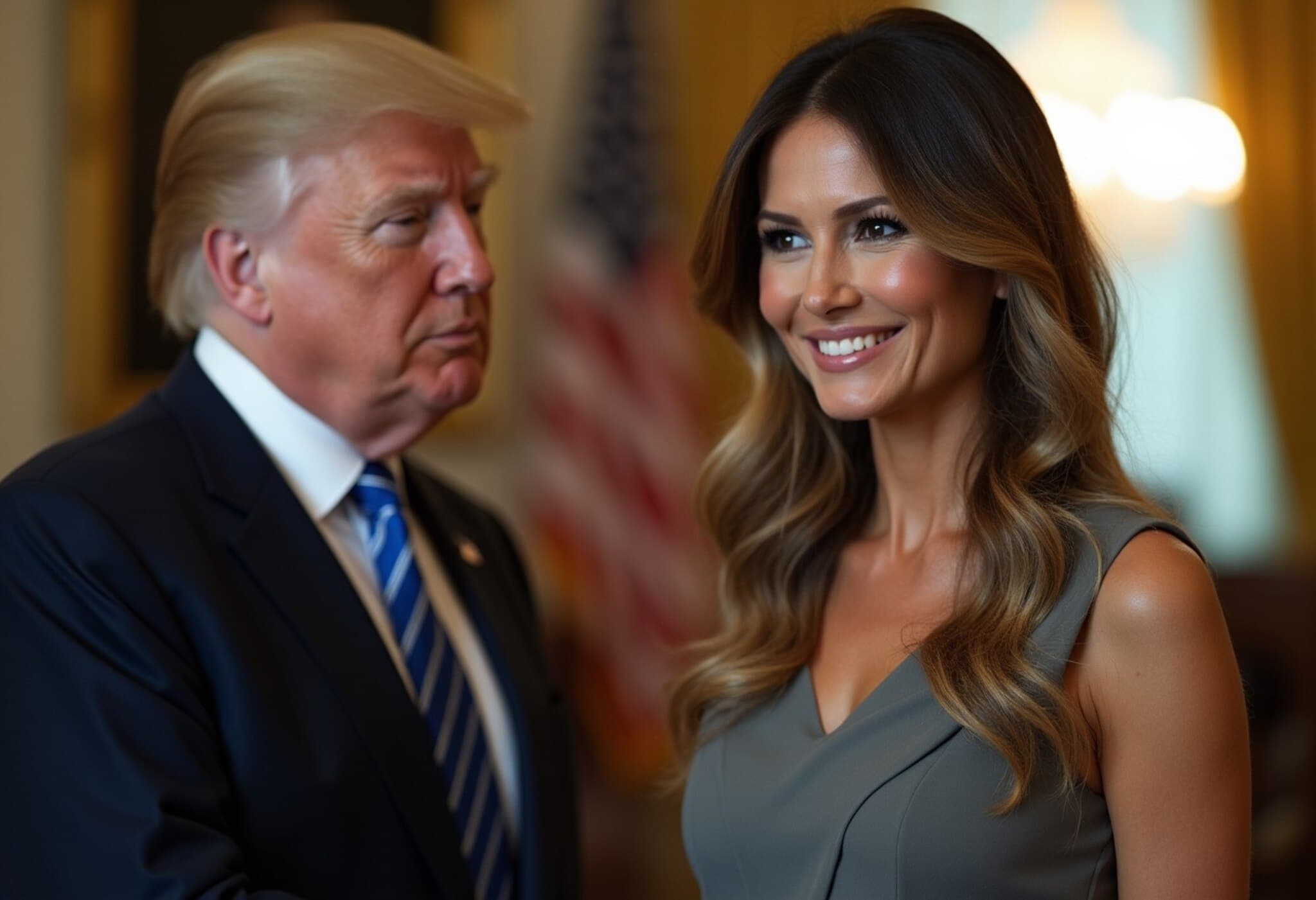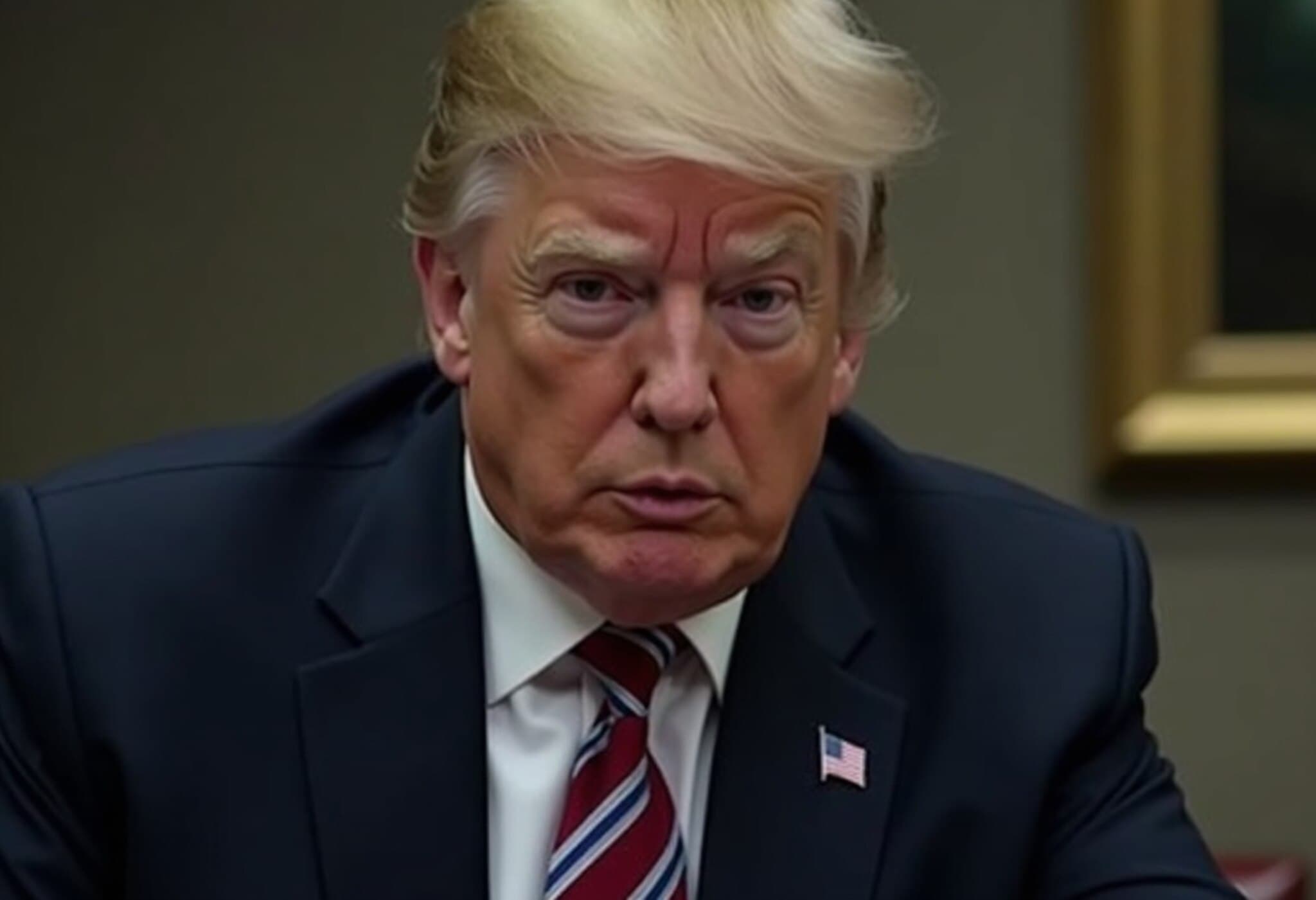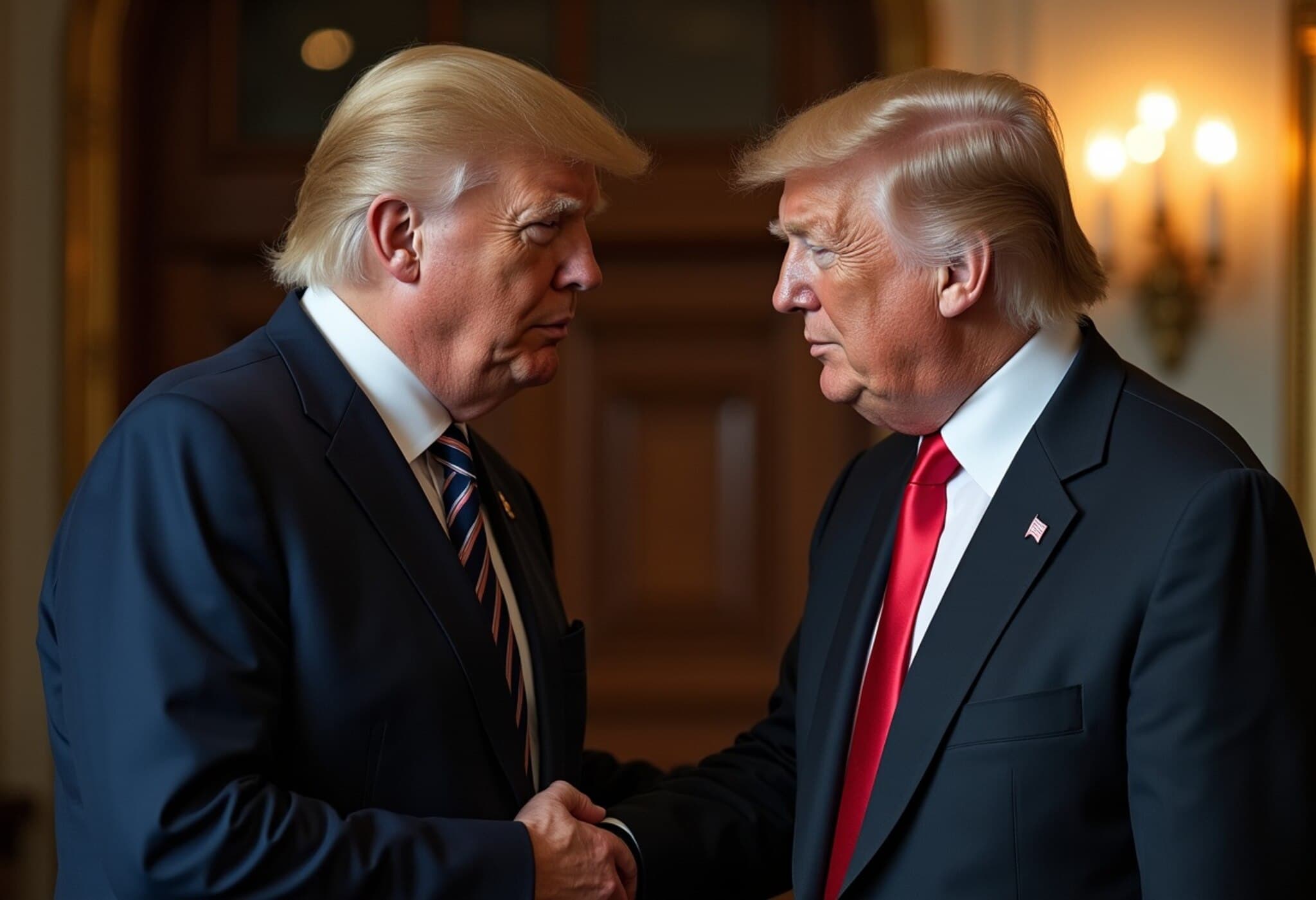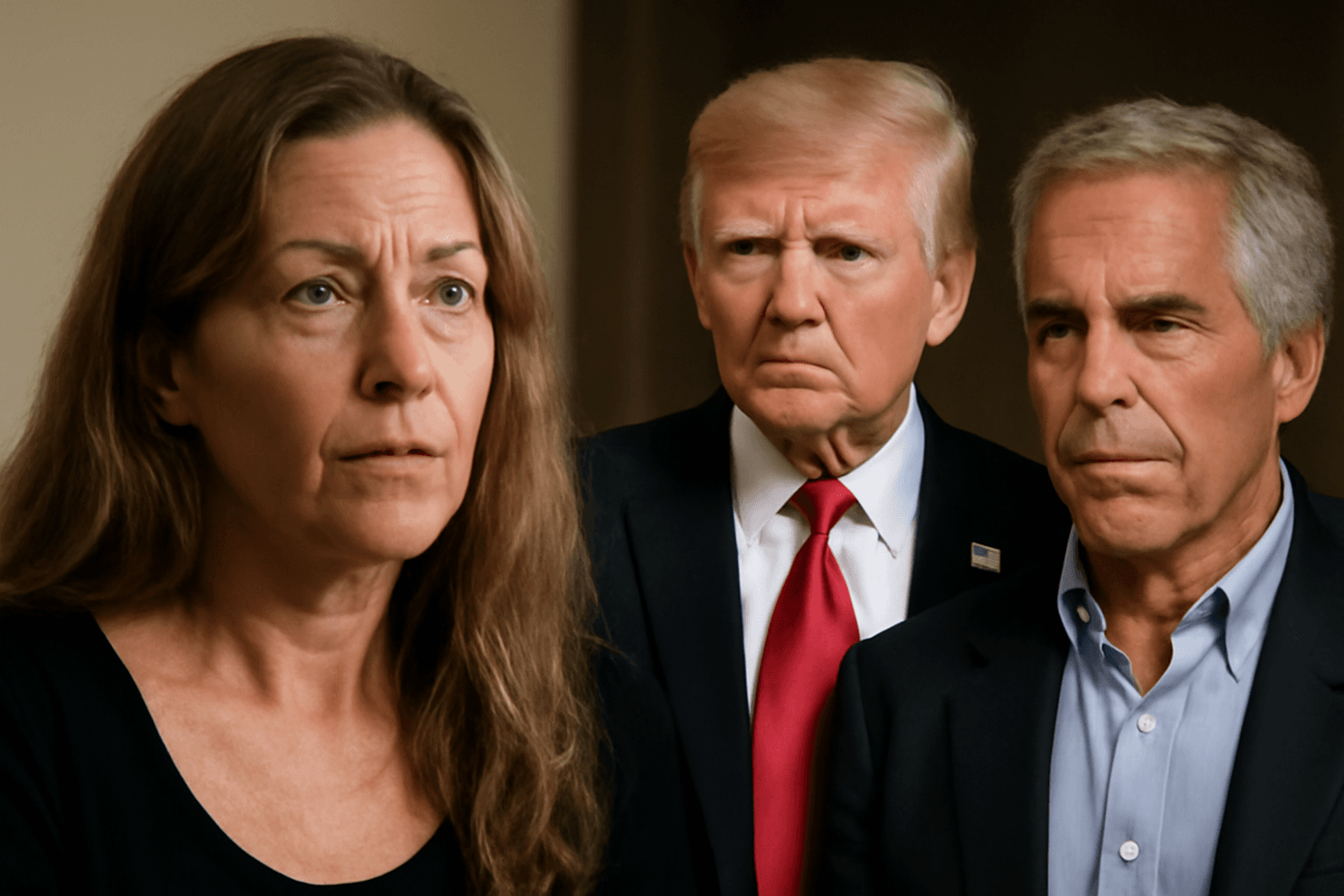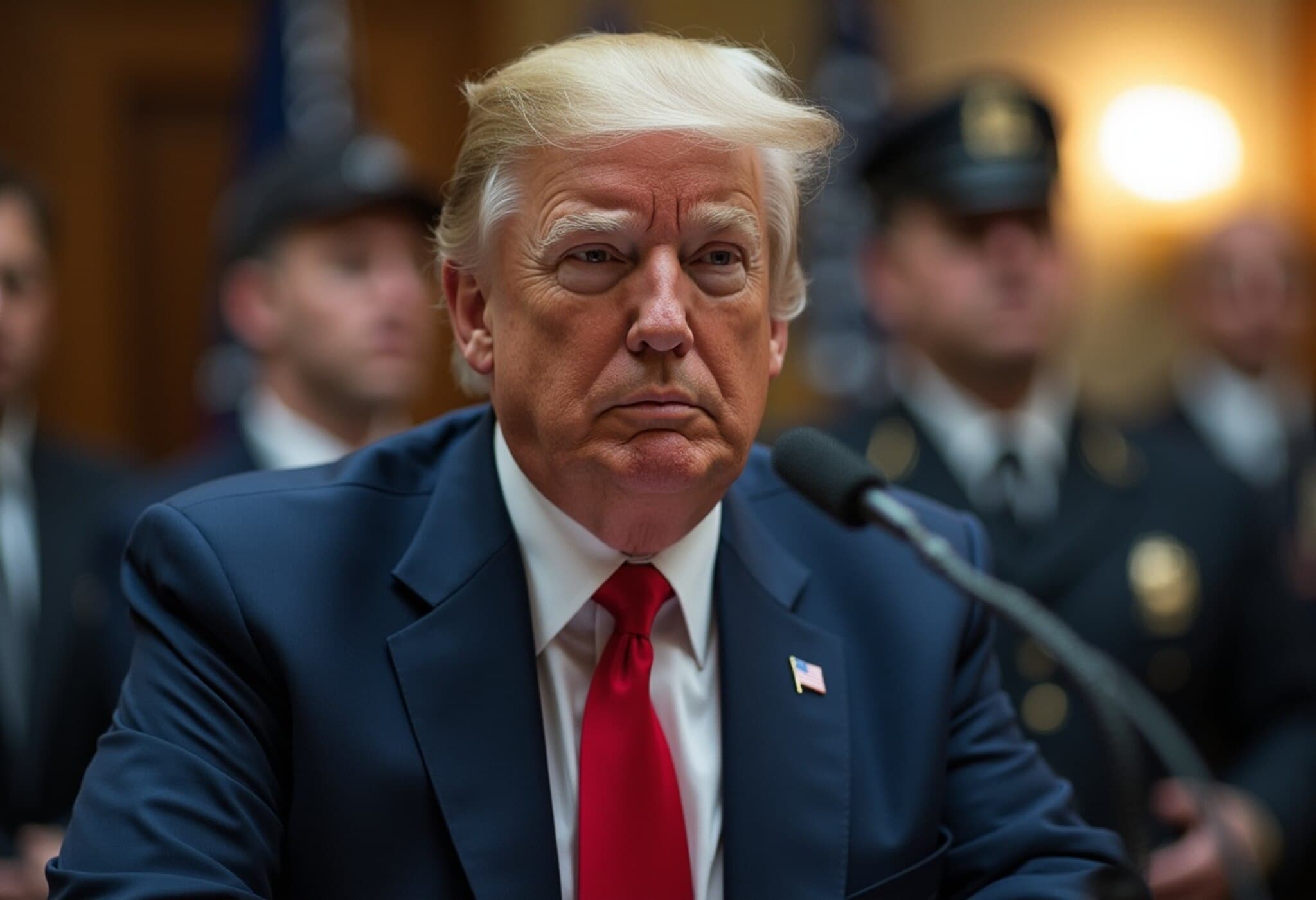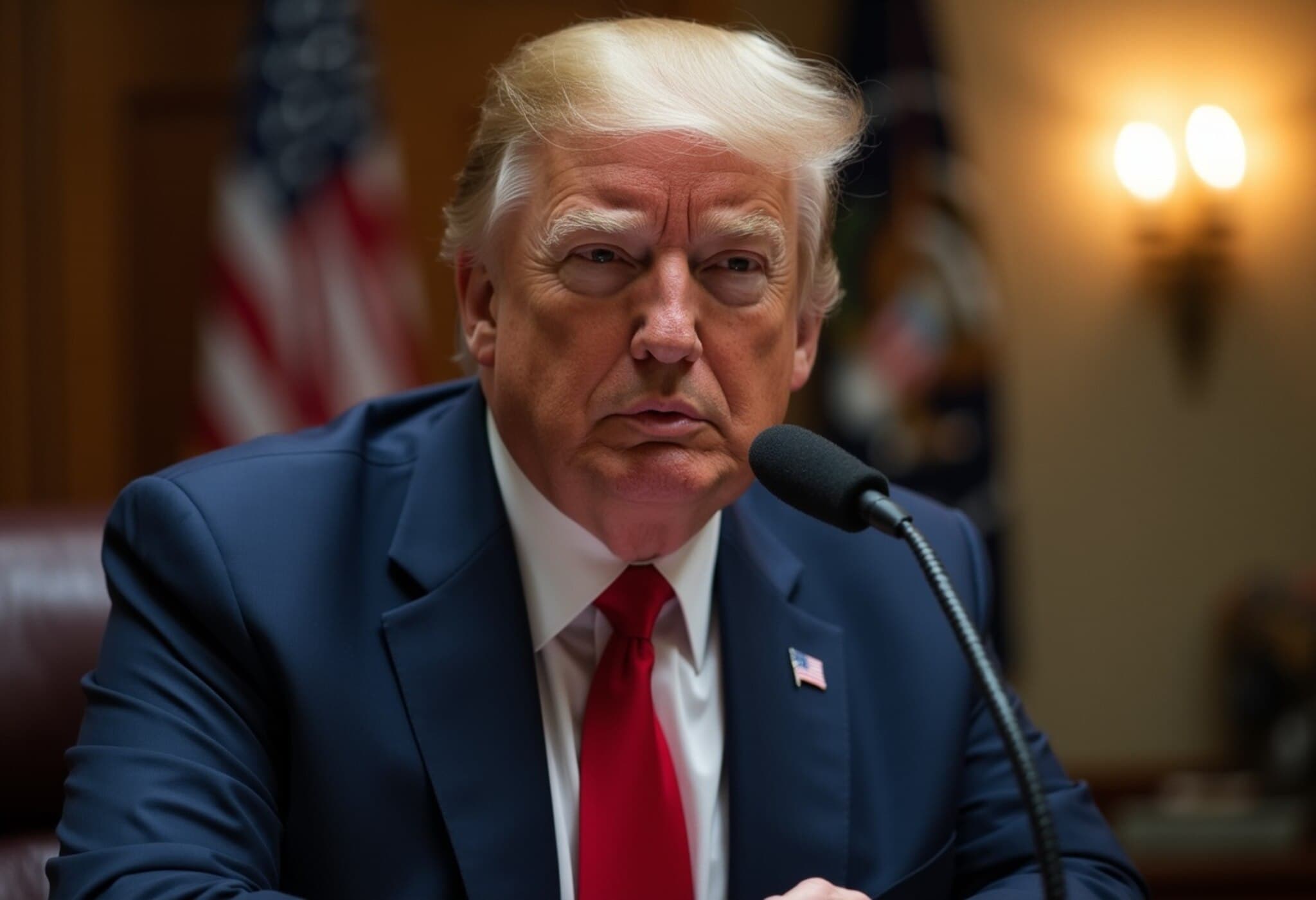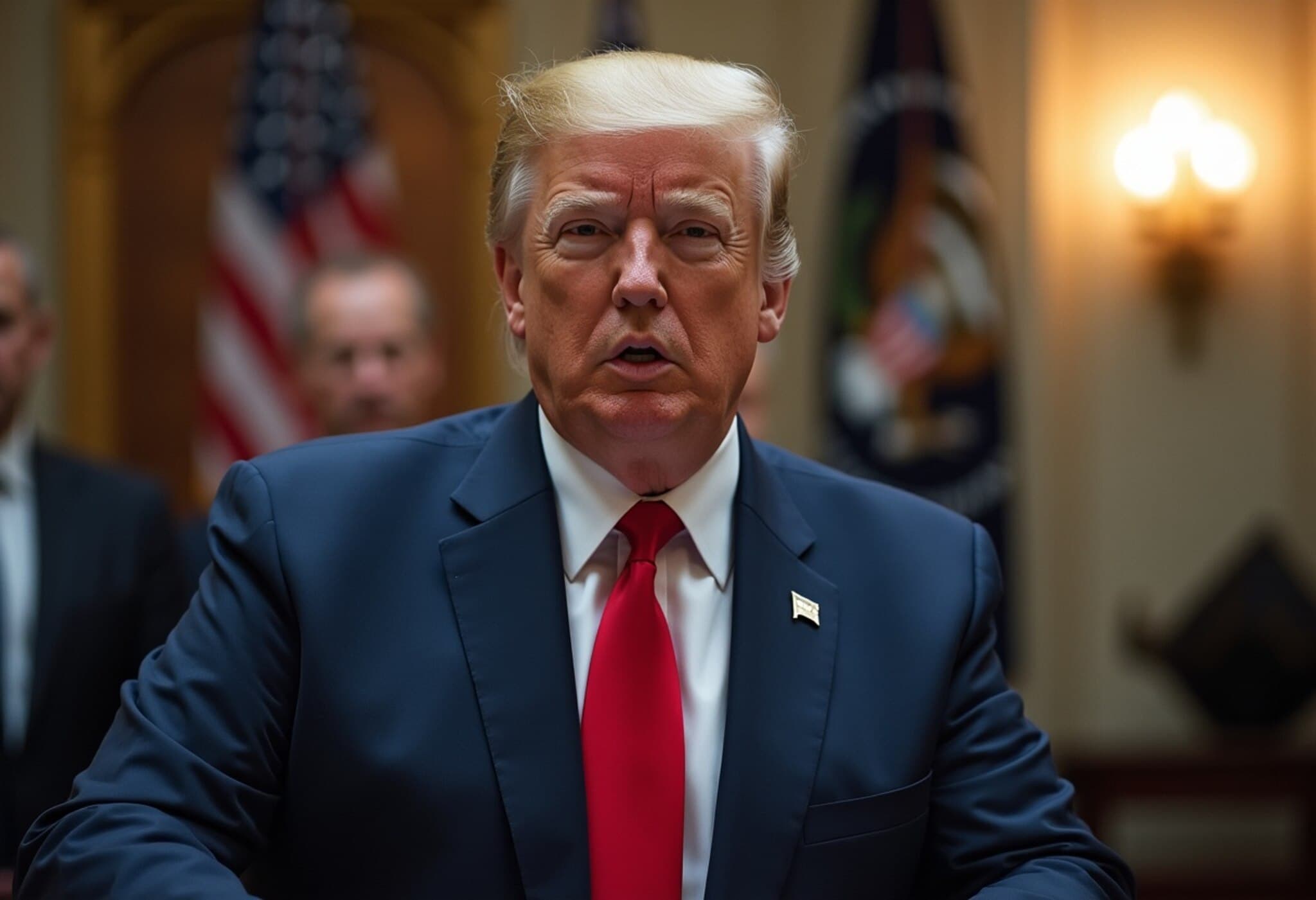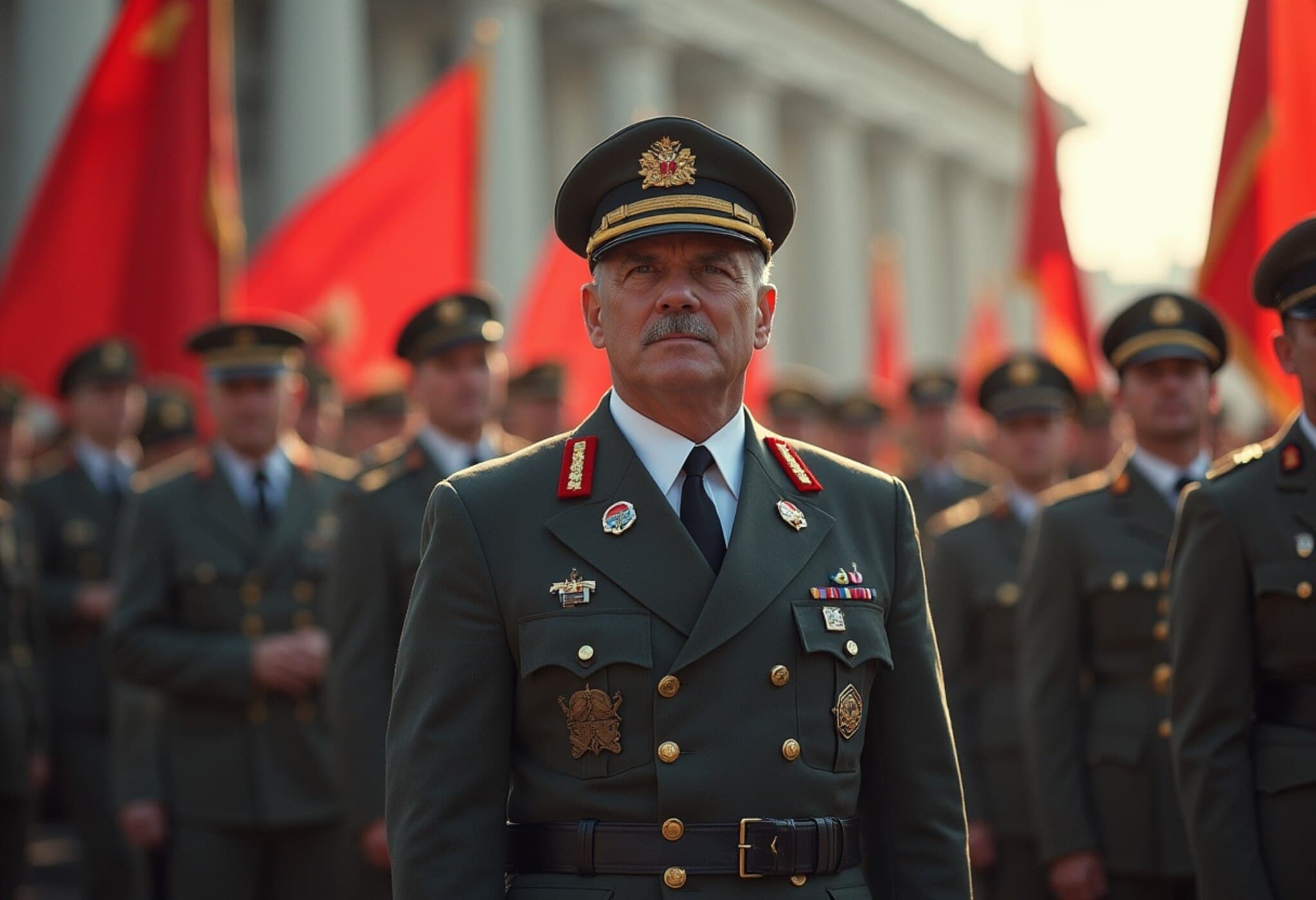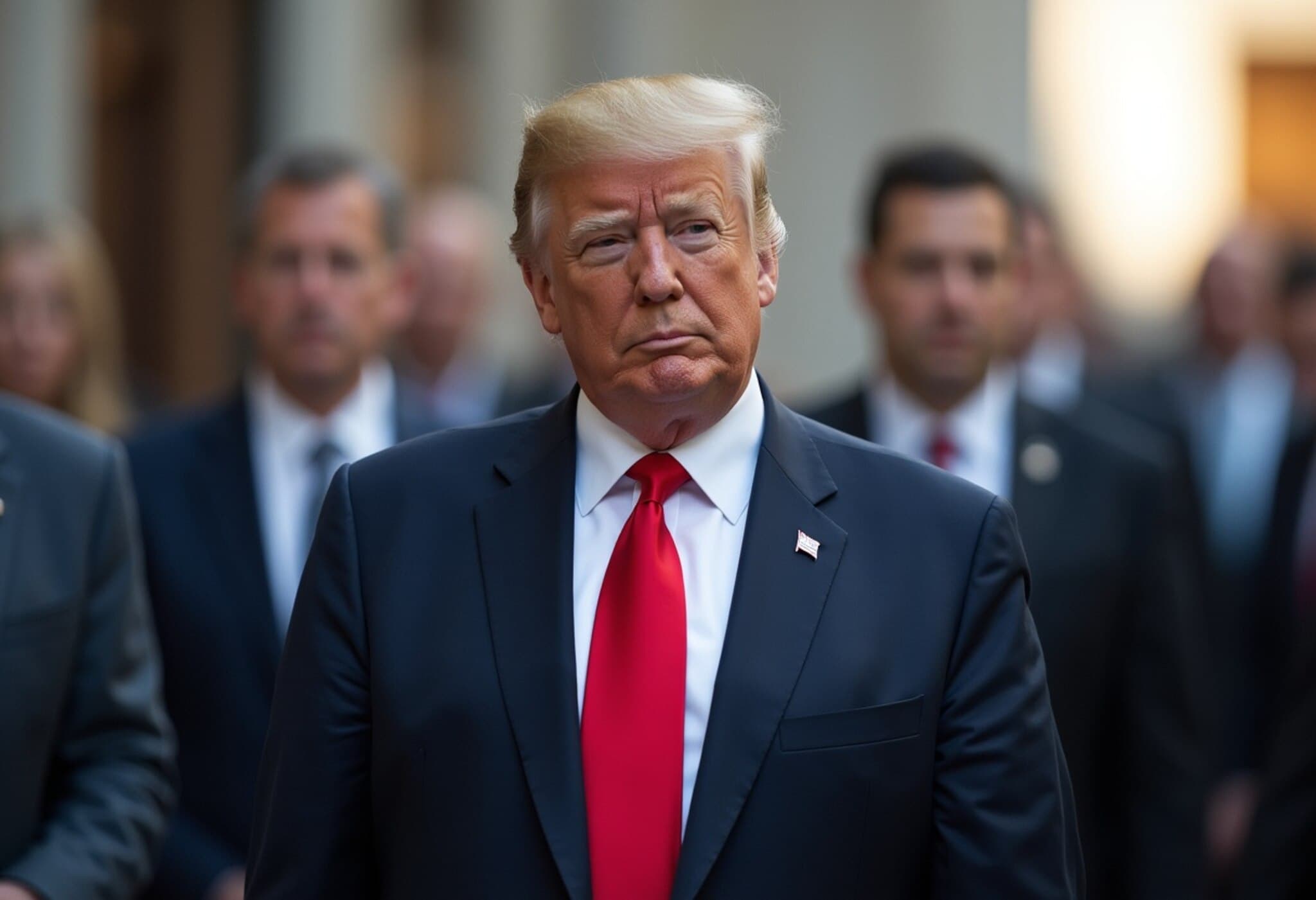Unpacking the Controversy: Trump’s Name and the Epstein Files
As the leaks from the Jeffrey Epstein files continue to stir political and social upheaval, a polarizing narrative has emerged amongst supporters of former President Donald Trump. This theory posits that Trump's presence in the Department of Justice’s sealed Epstein records is not an accusation but a testament to his role as the whistleblower—a hero who exposed Epstein’s trafficking network. However, a closer examination reveals this narrative is largely speculative and unsupported by factual evidence.
The Roots of the Whistleblower Theory
The origin of this myth can be traced back to Michael Wolff's 2018 book Fire and Fury, which highlights a disgruntlement between Trump and Epstein over a Palm Beach mansion. According to Wolff, Trump outbid Epstein for the property and subsequently refused to sell it, souring their relationship. Importantly, Wolff's account makes no mention of any whistleblowing activities or Trump’s involvement in alerting authorities to Epstein’s crimes. The anecdote focuses solely on a real estate dispute.
Since then, online communities have reinterpreted this minor episode, transforming it into a claim that Trump courageously exposed Epstein’s illicit activities. This reinterpretation, devoid of corroborative evidence, exemplifies how selective narratives can be constructed to serve particular political agendas.
The Real Whistleblower: A Mother’s Courage
Contrary to the Trump-whistleblower theory, official investigations began in March 2005 when a mother reported that Epstein had molested her 14-year-old daughter. This tip sparked the Palm Beach Police Department’s inquiry, involving subpoenas, surveillance, and victim interviews. The investigation culminated in the controversial 2008 non-prosecution agreement, negotiated by Alexander Acosta, then a U.S. attorney and later Trump’s Labor Secretary.
No concrete evidence, court documents, or testimonies suggest Trump ever alerted authorities or victims. His name’s inclusion in Epstein’s files does not equate to whistleblowing, and no credible source has affirmed his role as an informant.
The Intelligence Dimension and Sealed Records
Another layer to this conspiracy involves former CIA officer John Kiriakou, who alleged in 2025 that Epstein acted as an intelligence asset, serving agencies like the CIA and Mossad in blackmail operations targeting elite figures. According to Kiriakou, this connection accounts for why the Justice Department keeps Epstein’s client lists sealed: protecting national security.
While this intelligence hypothesis might explain the secrecy surrounding the files, it neither substantiates the claim that Trump was a whistleblower nor clarifies his role in the Epstein network. Mention in these documents may simply reflect social or peripheral connections rather than culpability or heroic acts.
Why This Narrative Gained Traction
The “Trump as whistleblower” storyline resonates because it offers a redemptive arc amidst mounting political pressure tied to Epstein’s legacy. Following reports that Attorney General Pam Bondi and Deputy Attorney General Todd Blanche privately informed Trump of his name’s presence in the Epstein records—a disclosure Trump publicly denied—the political stakes intensified. Congressional efforts to release these files have faced resistance, and Republican lawmakers have shown reluctance to pursue aggressive actions, reflecting the contentious climate around the issue.
Framing Trump as a whistleblower is thus both a defensive maneuver to counteract damaging associations and a means to maintain supporter loyalty amid falling approval ratings.
Separating Fact from Fiction
- No evidence supports Trump’s role as Epstein whistleblower. Official investigations trace back to victim reports, not political figures.
- The so-called whistleblower claim originates from a real estate rivalry, not criminal disclosure.
- Sealed DOJ documents reportedly mentioning Trump do not confirm heroic acts or criminality.
- Intelligence community theories complicate transparency but do not validate Trump’s alleged whistleblower status.
In absence of full transparency and public documentation, speculation persists, but history demands cautious interpretation grounded in verified facts, not convenient political narratives.
FAQ: Clarifying Common Questions
- Did Trump expose Epstein’s crimes? No. Investigations began after a parent’s report, without any documented involvement from Trump.
- Where did the whistleblower rumor originate? From a 2018 book focusing on a real estate dispute, unrelated to any criminal reporting.
- Is Trump’s name in Epstein files? Reports indicate yes, but files remain sealed, and no details have confirmed wrongdoing or whistleblowing.
- Why do some claim Trump is punished for exposing Epstein? This stems from unproven intelligence-related conspiracy theories lacking substantive evidence.
Editor’s Note
This evolving saga underscores the complexities at the intersection of politics, justice, and public perception. The allure of rewriting history to fit a preferred narrative shows how misinformation can thrive amid uncertainty. As new developments unfold and files potentially become public, it will be crucial to separate robust evidence from conjecture. For American democracy, it’s a reminder of the power—and peril—of narratives in shaping public understanding and accountability.
For further analysis and updates on the Epstein investigation and related political consequences, stay tuned to our ongoing coverage.
About the Author
Our seasoned team at TOI World Desk combines deep investigative expertise with a focus on context and clarity, ensuring our readers receive trustworthy, nuanced insights into global affairs shaping today’s geopolitical landscape.

